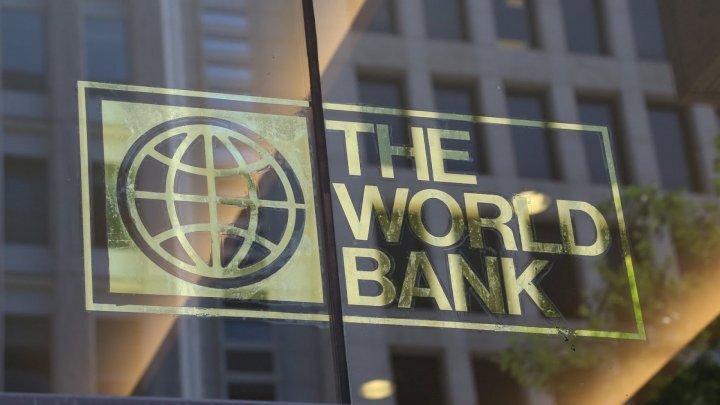World Bank project to improve quality of Moldova's higher education system
 foto: world bank
foto: world bank
Moldova’s higher education system will benefit significantly from a $ 39.4 million credit for the Higher Education Project, approved by the World Bank’s Board of Executive Directors yesterday. The project aims to improve the quality, relevance and efficiency of the country’s higher education system so that Moldovans can gain the necessary skills and education to access greater opportunities and improve their lives.
Improving Moldova’s education system is central to the country’s efforts to boost its economic growth and development. A better educated workforce will help overcome one of the biggest constraints faced by businesses in Moldova – skilled labor – and will help foster a thriving business environment, attracting investments which, in turn, will raise people’s standard of living and reduce labor migration.
“Moldova’s higher education system is insufficiently geared at present towards labor market demand,” said Anna Akhalkatsi, World Bank Country Manager for Moldova. “The biggest challenges facing firms are inadequately skilled and undermotivated workers. The Higher Education Project will help Moldovans acquire the knowledge and skills they need to find good jobs at home instead of leaving for a better life abroad, and will help employers hire the skilled workers needed to grow their businesses.”
The Higher Education Project supports the government’s efforts to tackle the continued decline in the number of tertiary level students and better prepare young people for the demands of a rapidly changing labor market. The project is aligned with the goals of the country’s National Development Strategy – Moldova 2020, which emphasizes the importance of adjusting Moldova’s education system to the needs of the labor market.
Implemented over a period of five years, the project will comprise systemic interventions in higher education quality, financing and management, including a program that selected universities and pedagogical colleges will use to improve learning outcomes in engineering, information technologies, health (medicine) and pedagogy.
Beneficiaries of this project will include around 91,000 higher education students, 4,100 pedagogical college students and 4,400 teachers of public universities and pedagogical colleges. In addition, about 30,000 job seekers and 5,000 employers will benefit from a new Labor Market Information System, developed with support from the project.
Since Moldova joined the World Bank in 1992, over $1 billion has been allocated to more than 60 operations in the country. Currently, the World Bank portfolio includes 10 active projects with a total commitment of $431.3 million. Areas of support include regulatory reform and business development, modernization of government services, tax administration, education, roads, healthcare, agriculture, climate adaptation, and energy.
The IFC’s committed portfolio in Moldova is US$2.2 million (US$2.2 million outstanding). Its committed portfolio consists of 72% loans and 27% equity. The Multilateral Investment Guarantee Agency has provided guarantees totaling US$14.7 million. Both institutions are members of the World Bank Group.